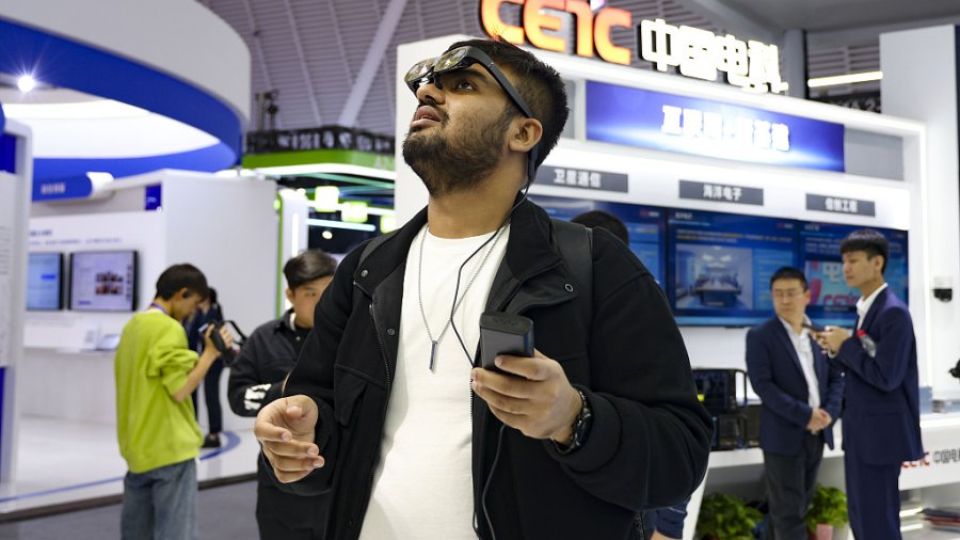November 13, 2023
ZHEJIANG – The Global AI Governance Initiative shows China’s willingness to partner with all parties to promote the responsible use of artificial intelligence and it will help build global consensus on AI governance, industry experts said.
They made the remarks at the ongoing 2023 World Internet Conference Wuzhen Summit.
“China is an indispensable partner for global AI governance, because the country is one of the major AI innovation centers of the world and AI is becoming the main driving force of China’s industrial upgrading and economic transformation,” Luigi Gambardella, president of China-EU, told China Daily in an exclusive interview. China-EU is a nonprofit association that promotes digital, high-tech and business cooperation between Europe and China.
The Global AI Governance Initiative, proposed by China’s top leadership last month, “responds to the expectations of many countries that are firmly opposed to any unilateral coercive measures”, Gambardella said.
The initiative also “espouses key principles of Europe’s regulatory approach to AI; for instance, a system that is based on AI risk levels, implements agile governance, and carries out tiered and category-based management for rapid and effective response”, he said.
“The initiative is set to constitute a platform that could serve as a middle ground to build a global consensus on AI governance,” he added.
Tomas Lamanauskas, deputy secretary-general of the International Telecommunication Union, said that the Global AI Governance Initiative mirrors the strides China has made in promoting digital transformation.
According to him, digital transformation and data are important driving forces for sustainable development goals, and that there is a need to ensure AI will not widen the digital divide between developed and developing economies.
On Thursday, the WIC’s Working Group on Artificial Intelligence published a Consensus on Developing Responsible Generative Artificial Intelligence. The consensus highlighted that developing responsible generative AI should consistently commit to enhancing human wellbeing, adhering to a people-centered approach, and promoting the sustainable development of the economy, society and ecological environment.
Zhou Hongyi, founder of Chinese cybersecurity company 360 Security Group, said generative AI brings new opportunities as well as security challenges, which demands new digital security services.
Security, he said, should be an important aspect of global governance on AI, a key link in the efforts of cities and enterprises to promote digital transformation, and an important component of the new digital infrastructure.
Zeng Yi, director of Artificial Intelligence Ethics and Governance Research Center of the Institute of Automation at the Chinese Academy of Sciences, said AI is never neutral because the data used for training it already contains the bias in human society and AI is likely to amplify such biases.
Zhou said the real opportunity for generative AI lies in business applications rather than consumer-oriented ones. Only by empowering hundreds of industries can generative AI truly promote the revolution brought about by AI. The security industry will be a service industry in future, he said.


